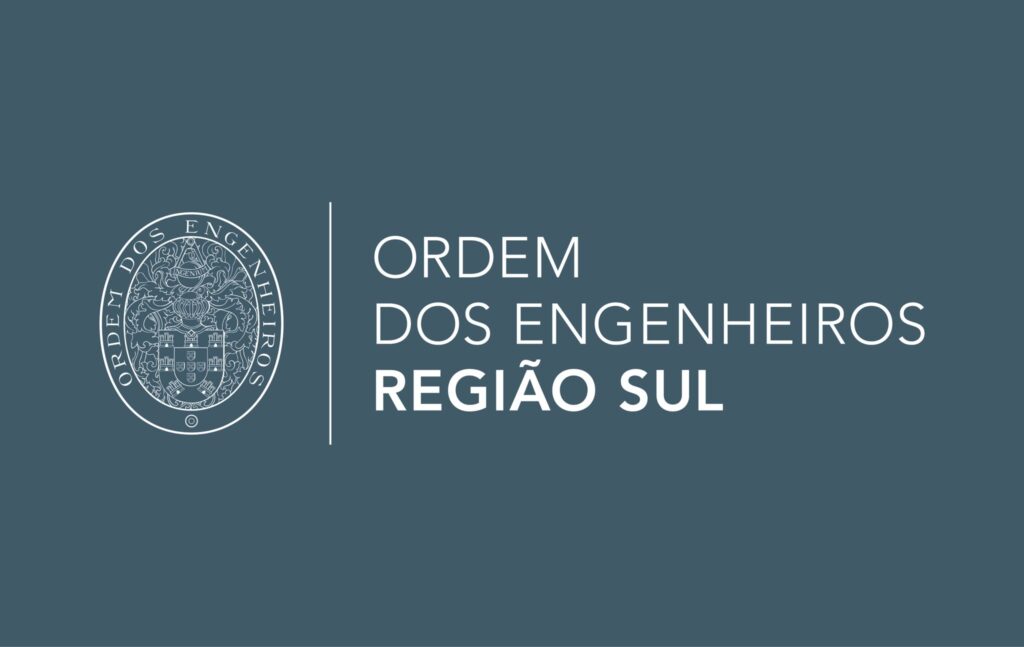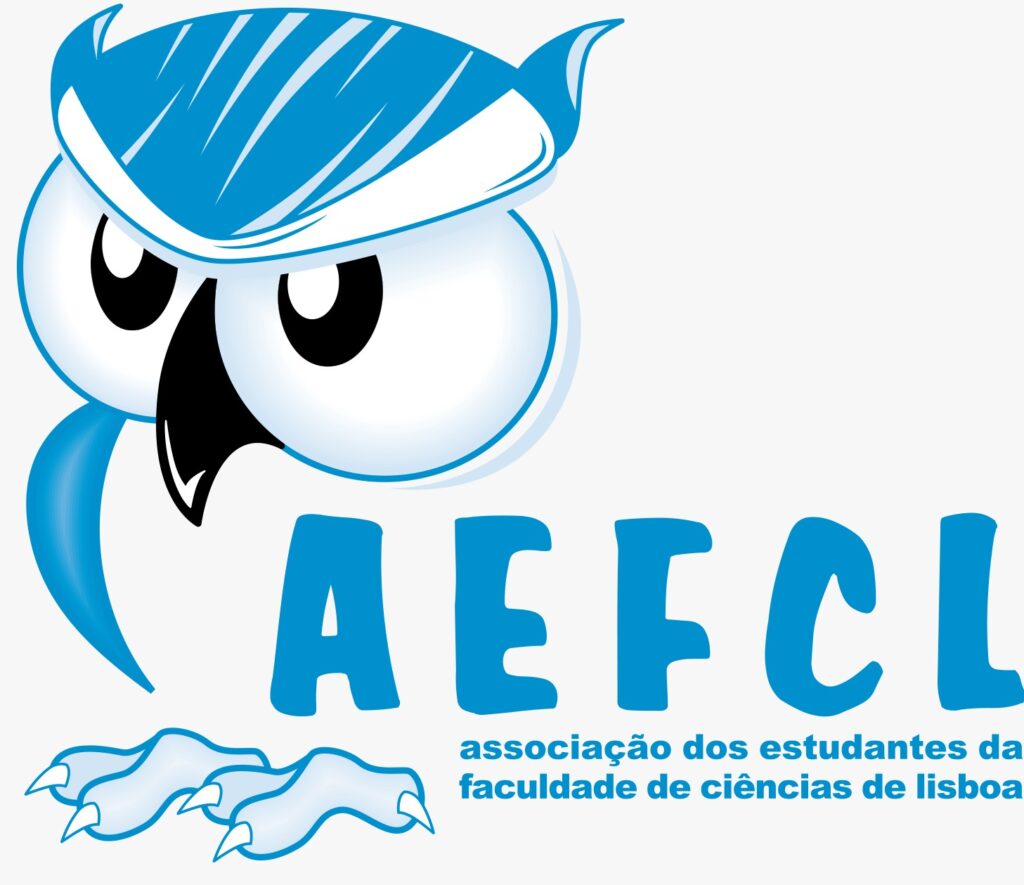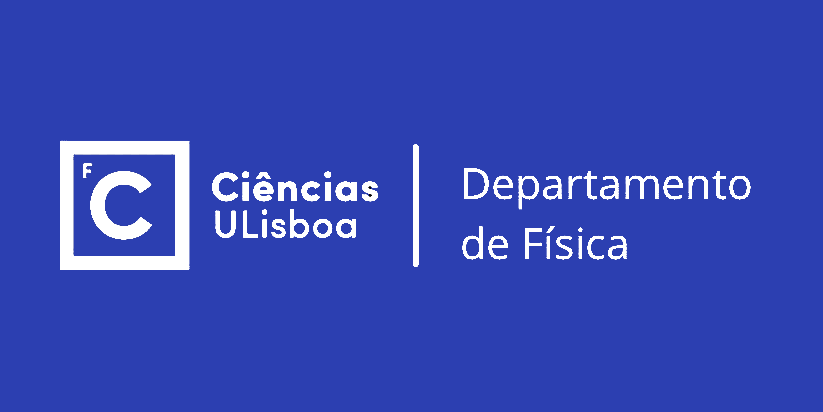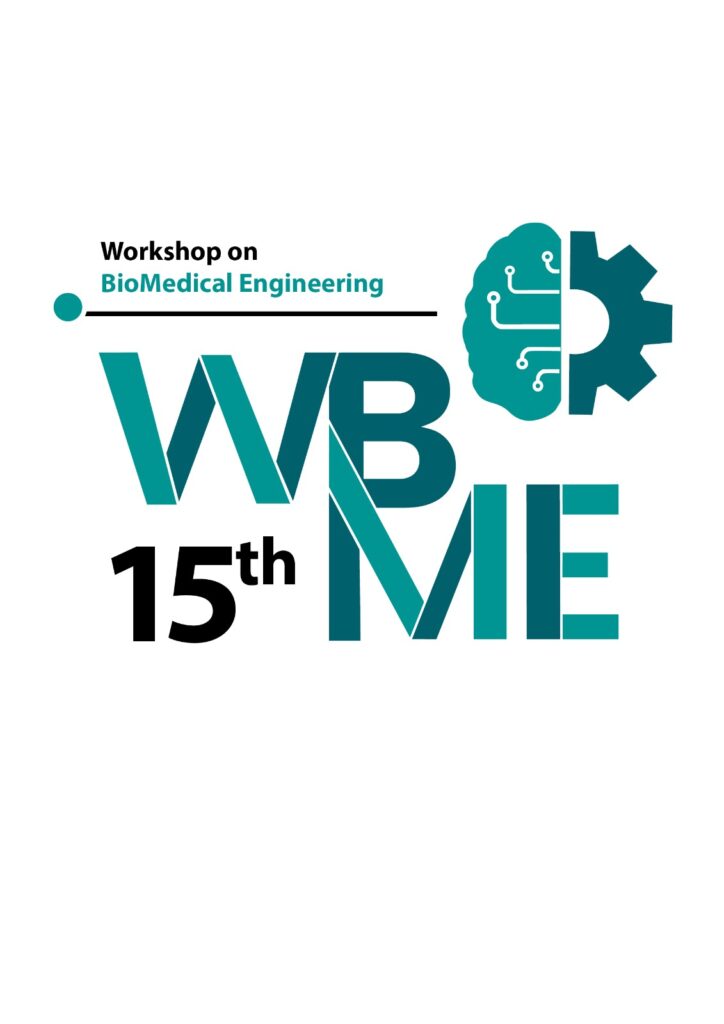
Speakers

Miguel Remondes
Armando Miguel Caseiro Pires Remondes, DVM Ph.D.
Principal Investigator at iMM-JLA
Assistant Professor at FMV-ULHT
Visiting Professor at FMUL-UL
Miguel Remondes is originally a DVM ( University of Lisbon), with 5 years of clinical activity in Portugal mainland and Azores. In 1998 he was selected for the Gulbenkian PhD Program in Biology and Medicine. After a first year of classes and courses, he headed to Pasadena to the California Institute of Technology (Caltech), to perform research on the mechanisms of memory and learning with Dr Erin Schuman. After graduating in Neuroscience, he moved to MIT (Brain and Cognitive Sciences Department, and Picower Institute), to study memory, learning and decision under the supervision of Dr Matthew Wilson. In 2014, after 15 years in the US, he arrived in Portugal to form his own research group. During this time, he established a Circuits/Systems Neuroscience Lab from empty ground, personally trained students in electronics, micromechanics, computer analysis, animal surgery, electrophysiology, animal behavior, and optogenetics. He found that cortical neurons respond to the recall of hippocampal memory (Cell Rep., 2015), and developed a novel implant to perform electrophysiology in rodents (Front. Neural Circuits, 2017). His first senior author article fills a critical gap in exploring the neural circuits and mechanisms supporting memory-guided behaviors (Cell Rep., 2019). His group then demonstrated that a section of the temporal lobe is necessary for rats to memorize time intervals (JNeurosci, 2021), and developed a novel surgical access to deep medial brain structures previously hard to access (eNeuro, 2021). Recently, in a collaboration with Dr Teresa Garcia-Marques, they found that humans solving a cognitive conflict perform better if perceptual effort is increased by dysfluency (Psych Res, 2022).
Scalable, Lightweight, Integrated and Quick-to-Assemble (SLIQ) Hyperdrives for Functional Circuit Dissection
The ability of selecting actions based on desired goals, according to knowledge stored previously in memory, is essential for survival. However, we must also be ready to adapt such behaviour to unexpected changes in context, often contrary to what would be supported by previous knowledge. The mechanisms behind these operations remain unknown, but available data strongly suggests that they rely on the synaptic connectivity associating the hippocampus with cortical structures. Thus-organized neural circuit is a frequent target of dysfunction in common neuropsychiatric conditions, namely Autism Spectrum Disorders (ASD), leading us to hypothesize that a malfunctioning cortico-thalamic-hippocampal circuit disrupts the translation of percepts between ego and allocentric reference frames, hindering behaviors directed at the outside world. To dissect the mechanisms behind adaptive goal-directed behavior and dysfunctions thereof, we record and manipulate neural activity in rodents trained to perform goal-directed choices contingent on context, while we use, a) in vivo electrophysiology with 32-independently movable tetrodes targeting relevant brain areas, b) genetically- encoded neural actuators (Optogenetics and Chemogenetics) expressed in specific neuronal populations, and c) behavioral protocols using distinct contextual manipulations. By applying our experimental paradigm to VPA-ASD rodents we will characterize circuit malfunctions underlying behavioral deficits therein present, and test whether we can entrain native oscillatory and plasticity mechanisms to achieve a permanent reversal of ASD.
Edson Oliveira
Medicine beyond Earth
Edson Oliveira graduated from the Lisbon Medical School of the University of Lisbon in 2007. Enthusiastic for Science, he organized several forums dedicated to scientific popularization as a member of the Youth Science Association. As a student at the Medical School, he developed several research projects in the field of Neuroanatomy and Aerospace Medicine and He’s currently Assistant of Neurosurgery And Aerospace Medicine.
He began his training in Neurosurgery in 2010 at the Centro Hospitalar Lisboa Norte, which he finished in 2016. During his residency, he dedicated himself especially to spine pathology. He also developed an intense civic and associative intervention, having been a member of the Student’s Union Board and also elected President of the Portuguese Residents National Council between 2015-2017.
Founder and Chief Medical Officer of the Center for Aerospace Medicine Studies he created the first pre-graduated subject of Aerospace Medicine in the Lisbon Medical School since 2020 in a joint venture with the Portuguese Air Force. He started a PhD project related to SANS (Space flight Associated Neuro-Ocular Syndrome). Currently he’s a member of the European Space Agency Medical Board and Team Leader of the Commercial Spaceflight Committee in the Aerospace Medical Association.

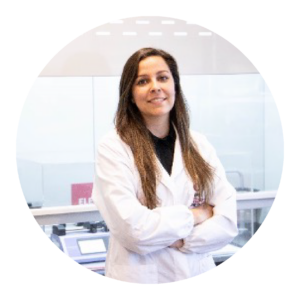
Juliana Dias
Juliana R. Dias obtained her PhD in Biomedical Sciences in the end of 2017 from the University of Porto, with the thesis entitled: “Hierarchical electrospun nanostructures for skin regeneration”. Since July is Researcher at the Centre for Rapid and Sustainable Product Development focused on electrospun-based biostructures able to promote tissue regeneration and efficient drug delivery. In the last 5 year was Invited Assistant Teacher of Biomechanics of tissues and Biomimetic in Polytechnic Institute of Leiria. Up to now published 21 articles on indexed international peer-reviewed journal, 14 conference abstracts/posters, 1 book chapter, 1 book, 14 oral communications, 2 patent registered and received 2 awards and 2 distinctions. Co-supervised 3 MSc dissertation, 9 BSc project, 6 researcher master fellows and 9 tutoring/mentoring. Currently, she is supervisor of 3 PhD students funded by FCT and remote evaluator of European Commission. Regarding projects was researcher fellow of 4 projects, researcher team member of 7 projects (3 ongoing), PI of 1 ANI project and was involved in the submission of several project proposals (national and international) (~10M€). Her main research interests include Electrospinning, Electrospun wound dressings, Tissue Engineering, Biofabrication, Additive Manufacturing, Biomaterials and its characterizations.
Electrospun-based biostructures as a key tool to promote tissue regeneration
The landscape of tissue engineering has been reshaped by the emergence of electrospun technology, offering a promising path to replicate the complex structures of native tissues. This innovative approach involves the precise deposition of ultrafine polymer fibers, mimicking the native extracellular matrix. The resulting scaffold supports cell adhesion, proliferation and differentiation. Polymer materials, a mainstay in electrospinning, have a substantial influence over the performance and applications of these electrospun products, particularly in the field of tissue engineering. These polymers range from synthetic to natural, each presenting distinct properties such as biocompatibility, biodegradability, conductivity and mechanical performance. This symbiotic interplay between state-of-the-art electrospinning technology and the versatility of polymer materials is pivotal for developing scaffolds tailored to replicate tissue characteristics, thereby fostering cell interactions and guiding tissue regeneration. The synergy between electrospun technology and polymer materials pushes the boundaries of tissue engineering, potentially revolutionizing regenerative medicine by addressing intricate clinical complexities.
João Santinha
Medical Imaging AI Researcher, Biomedical Engineer
João Santinha is a biomedical engineer with ten years of experience in medical imaging and is currently a senior researcher and Chief AI Medical Image Officer of the Digital Surgery LAB at the Champalimaud Foundation. João is responsible for the development of the medical imaging AI infrastructure and algorithms for the Digital Surgery LAB projects. Additionally, he has obtained a Ph.D. at the Instituto Superior Técnico – University of Lisbon in Electrical and Computer Engineering, focusing on Artificial Intelligence applied to Medical Imaging.
MetaBreast - Using Artificial Intelligence and Augmented Reality to Improve Breast Cancer Surgery
Breast cancer is currently the cancer with the highest incidence. Although treatment usually requires surgery, the procedures are still archaic, often resulting in suboptimal decisions and procedures affecting patients’ outcomes and quality of life. In this talk, we will talk about the MetaBreast project, where we are developing two medical devices that will revolutionize surgical procedures, improve patient comfort and outcomes, optimize the tools and productivity of oncological teams, and reduce healthcare system costs and enhance clinical workflows.

Workshops
Visit to CFTC: Computer Simulation in Biomedicine and Biophysics
Introduction by Prof. Nuno Araújo
9th Oct - 4:30 pm
Duration: 1h/1h30
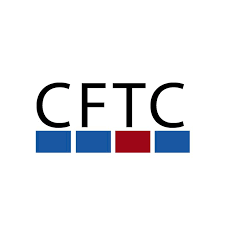
“The Center for Theoretical and Computational Physics (CFTC) is a research unit based at the Faculty of Sciences of ULisboa, which assumes a leading position at national level and international recognition in the areas of Soft Condensed Matter Physics and Nonlinear Dynamics, with complementary competences in classification of symmetries in static and dynamic field theory. It develops three areas of research: collective properties, in particular the dynamics of soft matter in non-equilibrium or out-of-equilibrium conditions; non-linear waves in non-Hermitian optics, quantum gases and micro-cavities; and extensions of the Standard Model.” “The Center for Theoretical and Computational Physics (CFTC) is a research unit based at the Faculty of Sciences of ULisboa, which assumes a leading position at national level and international recognition.”
Introduction to the Arduino Development Platform
Prof Guiomar Evans
11th Oct - 2:30 pm
Duration: 1h30
Location: Room 8.2.03
The widespread decrease in the cost of electronics has led to the emergence of very low-cost control systems with significant practical application potential. The most well-known example is the “Arduino” family of boards, which can be found in both hobbyist and industrial applications. In this workshop, we aim to present the fundamental aspects of Arduino hardware and software, equipping participants with the necessary knowledge to independently develop their own projects. We will demonstrate how these systems can be used to automate common tasks, and provide practical examples during the workshop by reading temperature sensors or other similar devices and transmitting information through simple devices such as LEDs or LED bars.
Signal Processing with MATLAB
Prof. Daniela Godinho
13th Oct - 2:30 pm
Duration: 1h30
Location: Room 8.2.03

Nowadays using machine learning to aid problem-solving has become increasingly common. Within the biomedical field, these approaches have been applied in diverse areas, ranging from computer-aided diagnosis to image or signal processing. In this workshop, participants will use MATLAB to solve challenges related to biomedical engineering. A brief introduction about the fundamental concepts of machine and deep learning will be presented, followed by a hands-on session.
Partners




